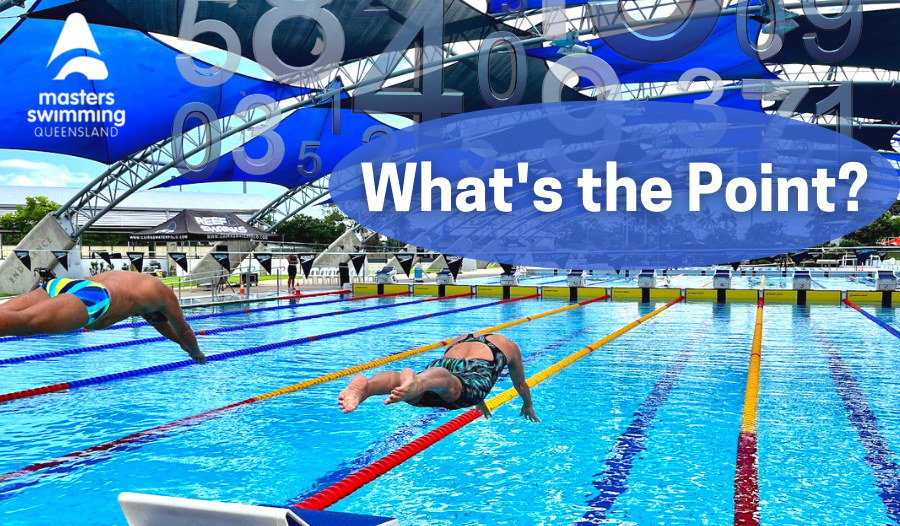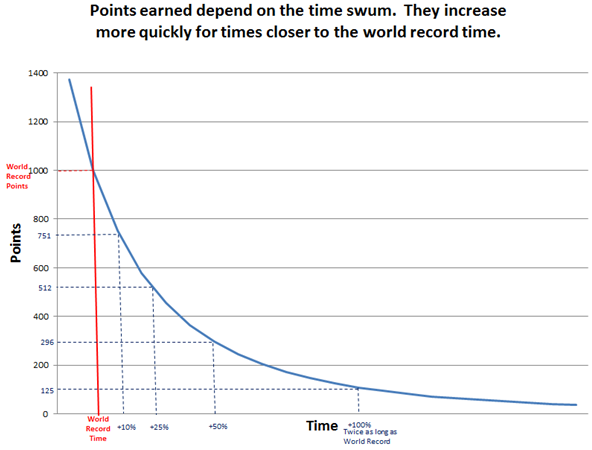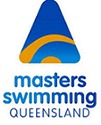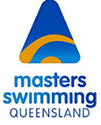
What’s the Point?
Points are awarded for a number of different reasons in Masters Swimming. This can be confusing for new, and not so new, members. The following information should help.
Points at Masters Swim Meets
At Masters swim meets, points are awarded to each swimmer in each event based on the ranking of the times they swim within their age group and gender category. Each swimmer is usually limited to 5 events in each meet. The points allocated in each event are usually 10 for first, 9 for second, 8 for third, etc. down to 1 point for competing. These points are aggregated for all events and used to determine the overall positions swimmers achieve in their age groups for that swim meet. For example, a 52-year-old female swimmer who achieves three firsts, one second and one third in her 5 events would score (3 x 10 + 9 + 8 =) 47 points in that meet. If another 53 year old female swimmer achieved, say, 46 points in her 5 events, the former swimmer would be awarded first place in the Female 50-54 age group for that meet.
Usually, points are aggregated for all swimmers in each club. This determines which club wins the champion club trophy. Typically, there are different awards for “large” clubs and “small” clubs and usually, for “small” clubs, the winner is determined by “average points per swimmer”.
Endurance 1000 points
In the Endurance 1000 program, points are awarded for each eligible swim completed by individual swimmers. The swims in this program are over longer distances and are designed to maintain ongoing aerobic fitness for participants over a full year. Details of the program can be found on the Masters Swimming Australia (MSA) website (mastersswimming.org.au) or the Masters Swimming Queensland (MSQ) website (www.mastersswimmingqld.org.au).
There are 3 levels of points available for each swim within each age group/gender/distance (or time)/stroke category, depending on the time (or distance) swum. The program includes swims in each of the 4 strokes plus medley and range through distances of 400 to 1500 metres, as well as for distances covered in 30 minutes, 45 minutes or 60 minutes. The times and distances that must be achieved to gain each level of points are determined by MSA. More points are offered for longer swims. For example, up to 80 points (maximum points) are possible for a 60-minute swim, but only 5 points (maximum) are offered for a 400 metre swim. Details of the times/distances necessary to earn points can be found on the MSA or MSQ websites (see above).
Every eligible swim that is completed earns some points. There are 62 separate swims included in the program. Points are aggregated for the swims completed during each calendar year. Individual swimmers can earn up to 1,005 points in a year by earning maximum points in all eligible swims. The points for all swimmers in a club are aggregated, with trophies being awarded to the club that achieves the most total points, and to the club that achieves the highest average points across all of its members. Noosa Masters has won the national total points trophy every year for a number of years.
Points for FINA event swims
FINA, the Fédération Internationale de Natation, is the world governing body for the five aquatic disciplines of swimming, diving, water polo, synchronised swimming and open water swimming. For swimming events, FINA developed a way of comparing times achieved by swimmers of different genders across different styles and distances (and separately for short course and long course), by allocating points out of 1000 for designated FINA swims. MSA has applied the FINA formula to the various Masters age groups so that comparisons can also be made across age groups. You will have come across these points if you have looked up competition results (see the Competition Results tag on the MSQ website (mastersswimmingqld.org.au)).
FINA points for Masters are calculated with reference to the current world record time for each specific gender/age group/distance/stroke event using the formula:
Points = (world record / time swum)3 * 1000
The (world record / time swum) part of the formula will result in a number between 0 and 1 (unless you break the current world record!!). The cubed ( 3 ) part of the formula makes the line on a graph into a curve, so that the number of points increases more quickly the closer you get to the world record. Or to put it another way, the closer you are to the world record time, the more points you get for reducing your time by one second. The * 1000 part of the formula turns the result into a number between 0 and 1,000. If you swim faster than the current world record you will score more than 1,000 points. The way this formula works can best be seen on a chart.

There is no scale on the Time axis because the formula works for all events from 50 metres to 1500 metres. If you take twice as long as the world record, you will score around 125 points. If you take 50% longer you will score about 300 points. A swim that takes 25% longer than the world record will score just over 500 points, while a swim that takes only 10% longer than the world record will score about 750 points. So you can see that any swim over 500 points is a very good swim for a club swimmer, while anything over 700 points is outstanding!
So how are these points used? Well, the MSQ website has a portal to the MSA website that includes a list of the best 5 women and men swimmers according to the points earned by their respective swims. For the rest of us, in addition to a record of our swims at competitions and in Endurance 1000 events, points are shown for all events where we have competed in any of the designated FINA events at Masters swim meets during the year.
To see your own points or make some comparisons with other swimmers, go to the MSQ website (see above), select Competition Results. Then click on the Points tab.
By Adrian Wilson, Noosa Masters.

